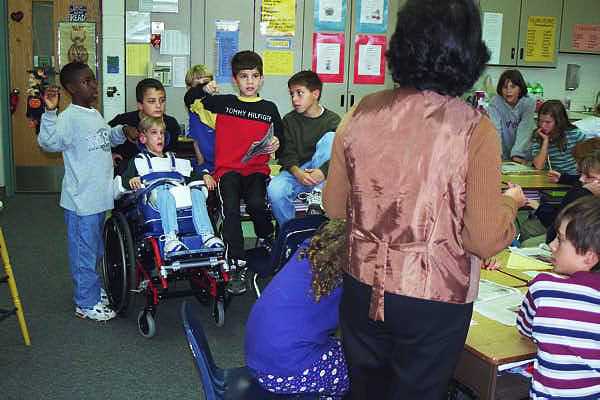For
promising practices, I attended Transgender Wellness at All Ages and a lecture
on a study done on the World View Lecture Series.
I
arrived at the dining hall around 8:00. I grabbed my name tag and found a table
a few of us from FNED 346 were sitting at it. I threw my stuff down and
immediately rushed to get a tea in order to get some sort of caffeine in my
system. Fed and slightly energised, I was ready to tackle the day.
The day
began with the keynote speech by Dr. Nicole Alexander-Scott. A woman with a
long list of credentials, (A specialist in treating infectious diseases and
teaches at Brown University) she is not one to be trifled with. Her keynote
address definitely lacked lustre, that's for sure. It focused on
integrating healthcare services with social workers. I'm not completely
unfamiliar with this topic. The nurses in the show "Call the Midwife"
often make home calls and care for the sick and work to provide government
funded services to them besides healthcare when their patients need it,
however; I can't say I was overly thrilled at the idea of this being an hour
long speech. It felt like it dragged on for at least three hours. Her PowerPoint
was too dull to be seen from the back and it was cluttered with paragraphs on
each slide. She broke two cardinal rules of PowerPoint: Don't use clashing text
and background colours and don't read off the slides.
The
question and answer period of the keynote definitely livened things up. The
first girl implied to Dr. Alexander-Scott that the state government wasn't
doing their jobs correctly and that all the changes she talked about would be
pointless until the government changed. Perhaps the young lady had forgotten
that the speaker also sits on the governor's board of advisors on medicine.
Another woman came up, talked about her resume, asked Dr. Alexander-Scott if
the state was looking for a certain position, and when told no, she sat back
down. The final question came with an added political plug for a man's
organisation. He told everyone that they could find him in the back with more
information on dying with dignity legislation.
The
keynote addressed reminded me of the Kristof piece we read from the beginning
of class. Kristof talked about how his friend was doomed from the start because
he was unable to advance in society due to his birth in a lower social class.
Dr. Alexander-Scott talked about how often times disease rates were higher in
poorer neighbourhoods and certain communities, like the LGBTQ community,
because outreach to them is often more difficult or not done at all.
I was extremely
happy to get of the dining hall and go to the lecture on transgender wellness. The
first session was definitely the most interesting one of the day. Professor
Rowell was a small, spritely woman with enough energy to power a city. She
moved about the room with amazing speed and was very passionate about her
topic. Rowell discussed the importance of recognising transgender youth and
allowing them to live as they are. Most importantly, she said they just want to
be treated like everyone else. At the end of the lecture, she passed out a
bunch of resources on LGBTQ issues for people to take home with them.
 |
| Just a few of the handouts from Prof. Rowell |
Prof.
Rowell's lecture reminded me a lot of August's "Safe Spaces". Rowell talked a lot about
creating safe spaces for students where they could just be themselves. If they
want to change genders, let them. If they don't want to have a gender at all,
let them. She advocated, like August, that we should be allies for our
students. It also reminded me of Johnson in that Rowell said we needed to say
the words in order to get over the issue. We can't avoid transgender issues
because ultimately, they become our issues as a society.
The
second session was not as interesting as the first. It was about the impact of
the Worldviews Lecture Series on students' diversity awareness. The Worldviews
Lecture Series was a series of lecturers from around the world presenting
topics about education. The goal was to get underrepresented minorities in the
teaching field in to lecture about different topics. Lectures included an
education specialist from Japan who talked via Skype and a group of educators
from Israel. The presenters weren't expecting the audience they got. I believe
they were hoping for a room of professionals or graduate students but instead
they got thirty undergrads. They did their presentation. Before the lecture,
they gave the audience a brief survey asking them if they agreed with a
statement and rate it 1 (completely agree) to 5 (completely disagree). At the
end, they gave the audience the same survey. The results showed that people
were more aware of diversity and culture at the end than before. Interestingly,
students who identified as homosexual saw higher spikes in cultural awareness.
My first
Promising Practices was definitely an interesting day. I think I would go back
if the focus was not on healthcare and instead was looking at education or a
topic more closely related to my interest.








